C.M. Rubins Global Education Bericht
Ob es uns gefällt oder nicht, Kinder wachsen in einer technologischen Umgebung auf, und zu wissen, wie die optimale Nutzung der guten Tech zu machen, ist ein wichtiger Teil von ihnen für ihr zukünftiges Leben vorbereitet. Wichtige Fähigkeiten des 21. Jahrhunderts wie Problemlösung, Kommunikation und Kreativität können auch mit dem Einsatz von großen Tech verbessert werden. Dieser Monat Top globale Lehrer share their top tips on which edtech tools have dramatically supported and improved learning in our teachers’ classrooms around the world. Jim Tuscano’s personal criteria in selecting his top tech choices includes tech that supports “independent and self-directed learning, active, creative and collaborative learning, as well as critical thinking, provides intuitive and user-friendly interface and is accessible to all learners.” In making his selections, Adam Steiner notes that “whichever device you bring into your classroom, schließlich geht es um den Inhalt,” and “the good news is that great new educational Virtual Reality content is coming out every day.” When sharing the good, das Schlechte, und das Beste, Elisa Guerra Cruz notes that “teaching in the Fourth industrial revolution takes passion and initiative, and along with the challenges come the exhilarating opportunities.”
„Ein echter Weltbürger aus meiner Sicht, ist eine menschliche Hüterin aller Menschen in unserem globalen Dorf, und nicht nur aus dem Land, das sie oder er lebt in,” says Professor Es Aharoni in Israel, die mit uns sprach in diesem Monat. Ada is the founding President of the International Forum for the Literature and Culture of Peace (IFLAC). She believes that “words, Kommunikation, Literatur und Kunst, kann den Frieden fördern, Toleranz und Harmonie, and bring about a change.” While “education is the most important element in developing, Pflege und friedensschaffenden ausbreitende,” she says this education “should be given to the teachers and the parents too.”
And that’s a great segue into our interview with Mali-born New York based singer-songwriter Awa Sangho, a rising star on the global music scene. Angehoben durch eine Großmutter, die sie ermutigt, ihre Sehenswürdigkeiten auf hoch gesetzt, sie hat genau das getan, Überwindung Härten und Herausforderungen in ihrer Jugend Erfolg als Sänger zu finden, Schlagzeuger, und Komponist. Sie ist eine leidenschaftliche Aktivistin für die Erziehung junge Mädchen und Frauen in Westafrika, verurteilt die Praxis der weiblichen Genitalverstümmelung. „Wer bin ich repräsentiert Afrika, ganz Afrika," Sie sagt, sichtlich stolz auf ihre selbsternannten Rolle als Kulturbotschafter. In ihrem Interview in der globalen Suche nach Bildung, she speaks about the power of music as a universal language, und warum Bildung kann „öffnen jede Tür auf dieser Erde.“
Gemäß Charles Fadel, Gründer des Zentrums für Curriculum Redesign, “new and more innovative knowledge maps are now needed to help us navigate the complexities of our expanding landscape of knowledge.” Fadel’s organization has been producing new knowledge maps that redesign knowledge standards from the ground up. In our interview with Fadel this month, he notes that “understanding the interrelatedness of knowledge areas will help to uncover a logical and effective progression for learning that achieves deep understanding.”
Making quality health care available for all people is the UN’s Sustainable Development Goal No. 3 – a goal that global leaders seek to achieve by 2030. In our interview with Kara Hanson, Professor für Gesundheitssystemökonomie an der London School of Hygiene & Tropische Medizin, she discusses two main challenges for healthcare in low and middle-income countries (LMICs). Die erste Herausforderung ist die „zunehmende Belastung durch nicht übertragbare Krankheiten (NCD) in LMICs.“, sagt sie, dass„mehr als die Hälfte der Krankheitslast in der unteren Mitteleinkommensländer zu nichtübertragbaren Krankheiten zurückzuführen ist, und selbst in den untersten Einkommensländern, NCDs are responsible for one-third of the disease burden.” Hanson, along with our Millennnial bloggers, weigh in this month to discuss the problems and offer strategies to achieve Universal Healthcare coverage for all people. Hanson discusses policies such as “taxation of unhealthy foods and modification of urban environments to facilitate physical activity.” Additionally, she stresses that more focus is needed on health services for conditions like hypertension and diabetes, “that require lifelong management.” Bonnie Chiu explains why she believes that “impact investing is the key to funding universal access to healthcare.” Jacob Navarette focuses on the challenges faced in the United States and recommends “broadening taxation and reducing spending” as a way to balance the books, while Dominique Dryding in South Africa asks us to consider health alternatives which may already exist and which are trusted by significant proportions of populations.” She notes that “given a legitimate platform, die Kosten der Gesundheitsversorgung verringern könnten, weil es eine verminderte Häufigkeit von vermeidbaren Krankheiten sein würde (wie Typ-II-Diabetes), und der Druck des formalen Gesundheitssystem würde dadurch verringern.“
(Fotos sind mit freundlicher Genehmigung von CMRubinWorld)
C. M. Rubin
Begleiten Sie mich und weltweit renommierten Vordenkern wie Sir Michael Barber (Vereinigtes Königreich), DR. Michael Block (US-), DR. Leon Botstein (US-), Professor Ton Christensen (US-), DR. Linda Hammond-Liebling (US-), DR. MadhavChavan (Indien), Charles Fadel (US-), Professor Michael Fullan (Kanada), Professor Howard Gardner (US-), Professor Andy Hargreaves (US-), Professor Yvonne Hellman (Niederlande), Professor Kristin Helstad (Norwegen), Jean Hendrickson (US-), Professor Rose Hipkins (Neuseeland), Professor Cornelia Hoogland (Kanada), Herr Jeff Johnson (Kanada), Frau. Chantal Kaufmann (Belgien), DR. EijaKauppinen (Finnland), Staatssekretär TapioKosunen (Finnland), Professor Dominique Lafontaine (Belgien), Professor Hugh Lauder (Vereinigtes Königreich), Herr Ken Macdonald (Vereinigtes Königreich), Professor Geoff Masters (Australien), Professor Barry McGaw (Australien), Shiv Nadar (Indien), Professor R. Natarajan (Indien), DR. PAK NG (Singapur), DR. Denise Papst (US), Sridhar Rajagopalan (Indien), DR. Diane Ravitch (US-), Richard Wilson Riley (US-), Sir Ken Robinson (Vereinigtes Königreich), Professor Pasi Sahlberg (Finnland), Professor Manabu Sato (Japan), Andreas Schleicher (PISA, OECD), DR. Anthony Seldon (Vereinigtes Königreich), DR. David Shaffer (US-), DR. Kirsten Sivesind (Norwegen), Kanzler Stephen Spahn (US-), Yves Theze (LyceeFrancais US-), Professor Charles Ungerleider (Kanada), Professor Tony Wagner (US-), Sir David Watson (Vereinigtes Königreich), Professor Dylan Wiliam (Vereinigtes Königreich), DR. Mark Wormald (Vereinigtes Königreich), Professor Theo Wubbels (Niederlande), Professor Michael Young (Vereinigtes Königreich), und Professor Zhang Minxuan (China) wie sie das große Bild Bildung Fragen, die alle Nationen heute konfrontiert erkunden.
Die Global Search for Education Community-Seite
C. M. Rubin ist der Autor von zwei weit Lese Online-Serie für den sie eine 2011 Upton Sinclair Auszeichnung, "Die Global Search for Education" und "Wie werden wir gelesen?"Sie ist auch der Autor von drei Bestseller Bücher, Inklusive The Real Alice im Wunderland, ist der Herausgeber des CMRubinWorld und ist ein Disruptor Foundation Fellow.
Folgen Sie C. M. Rubin auf Twitter: www.twitter.com/@cmrubinworld

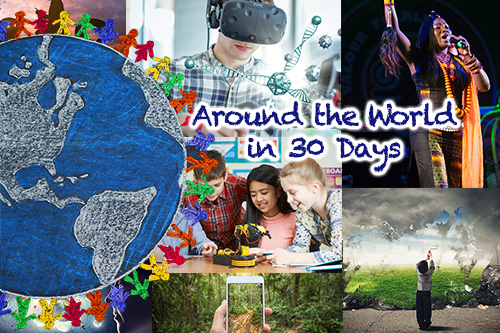
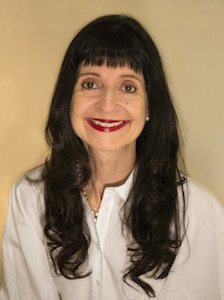
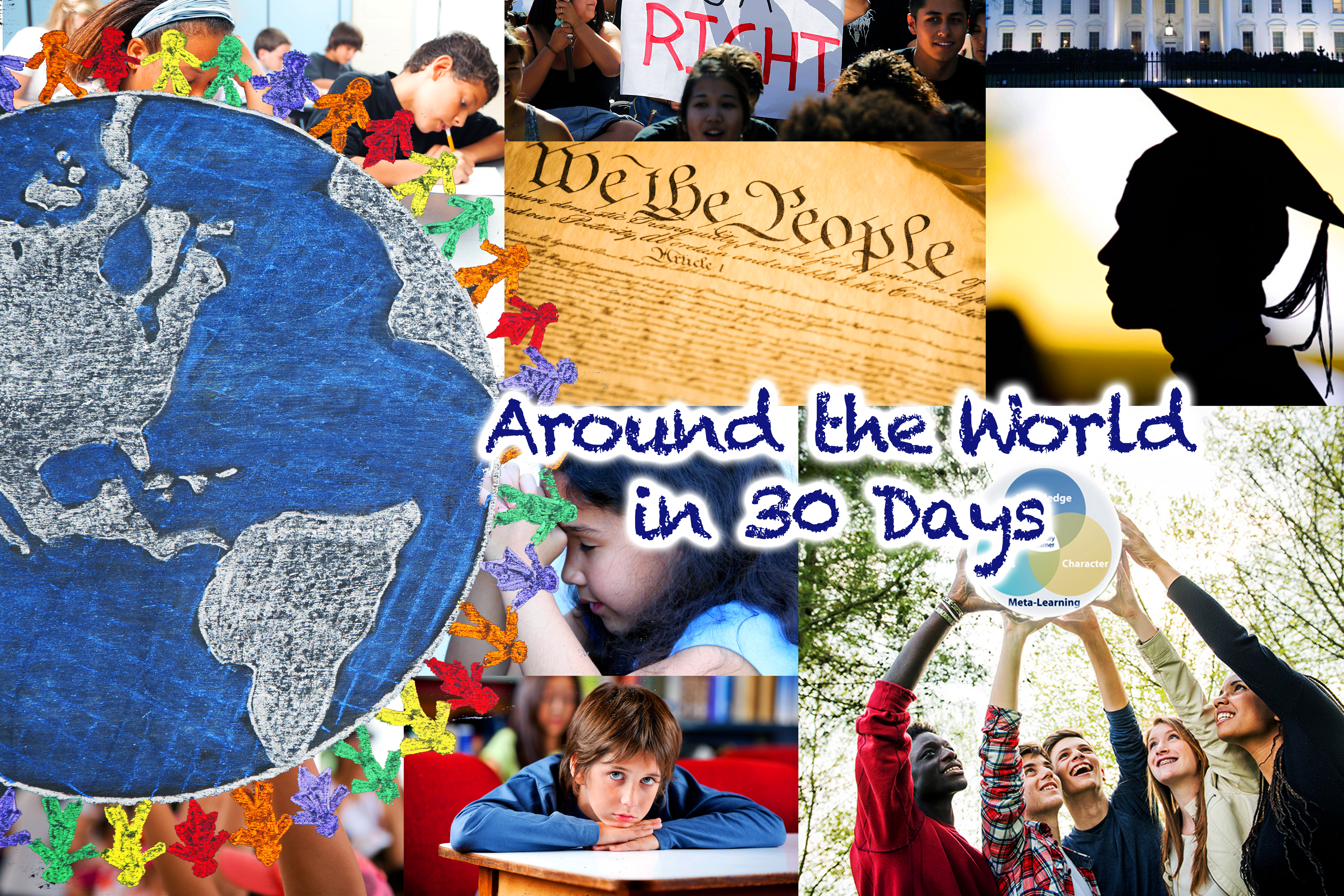
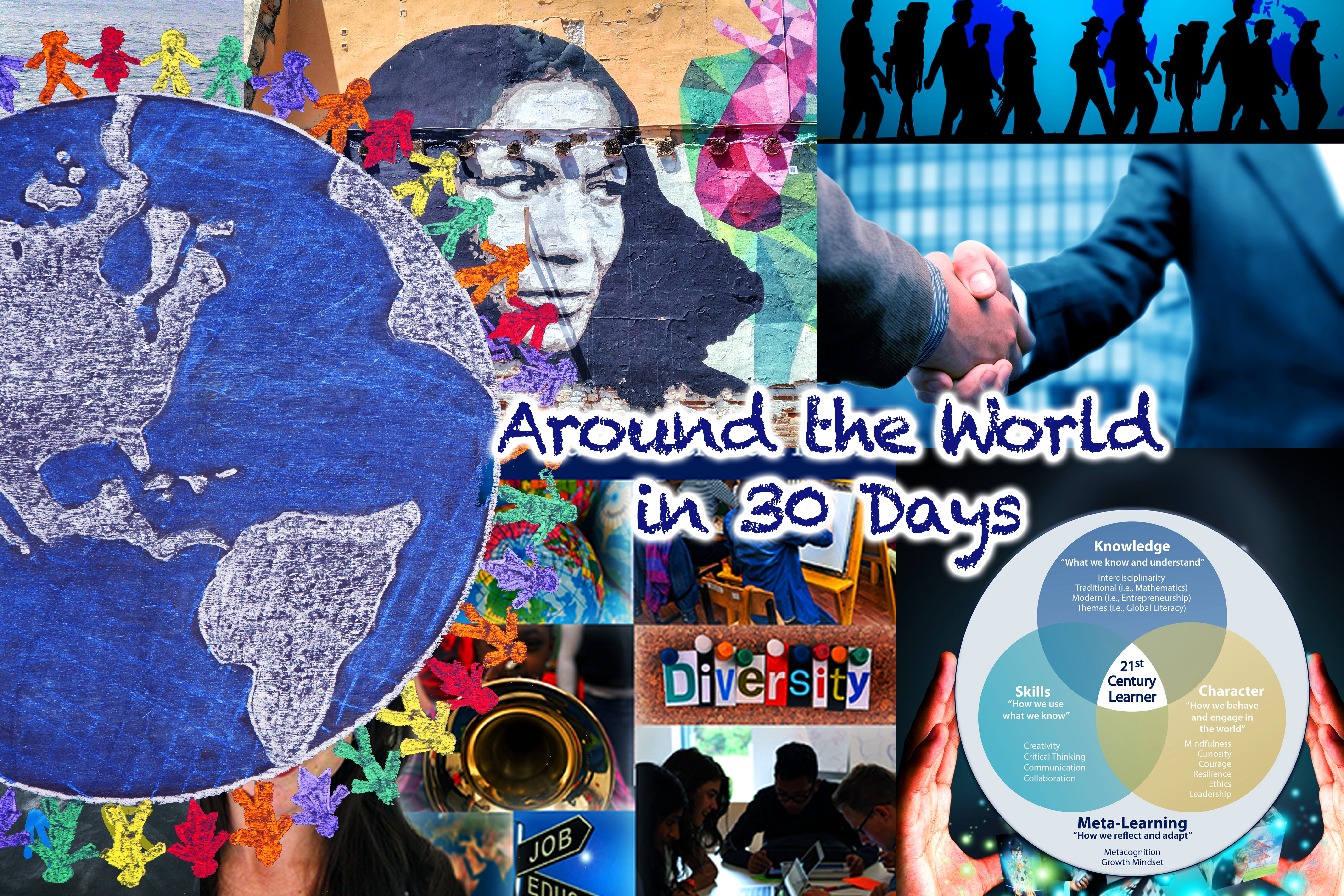
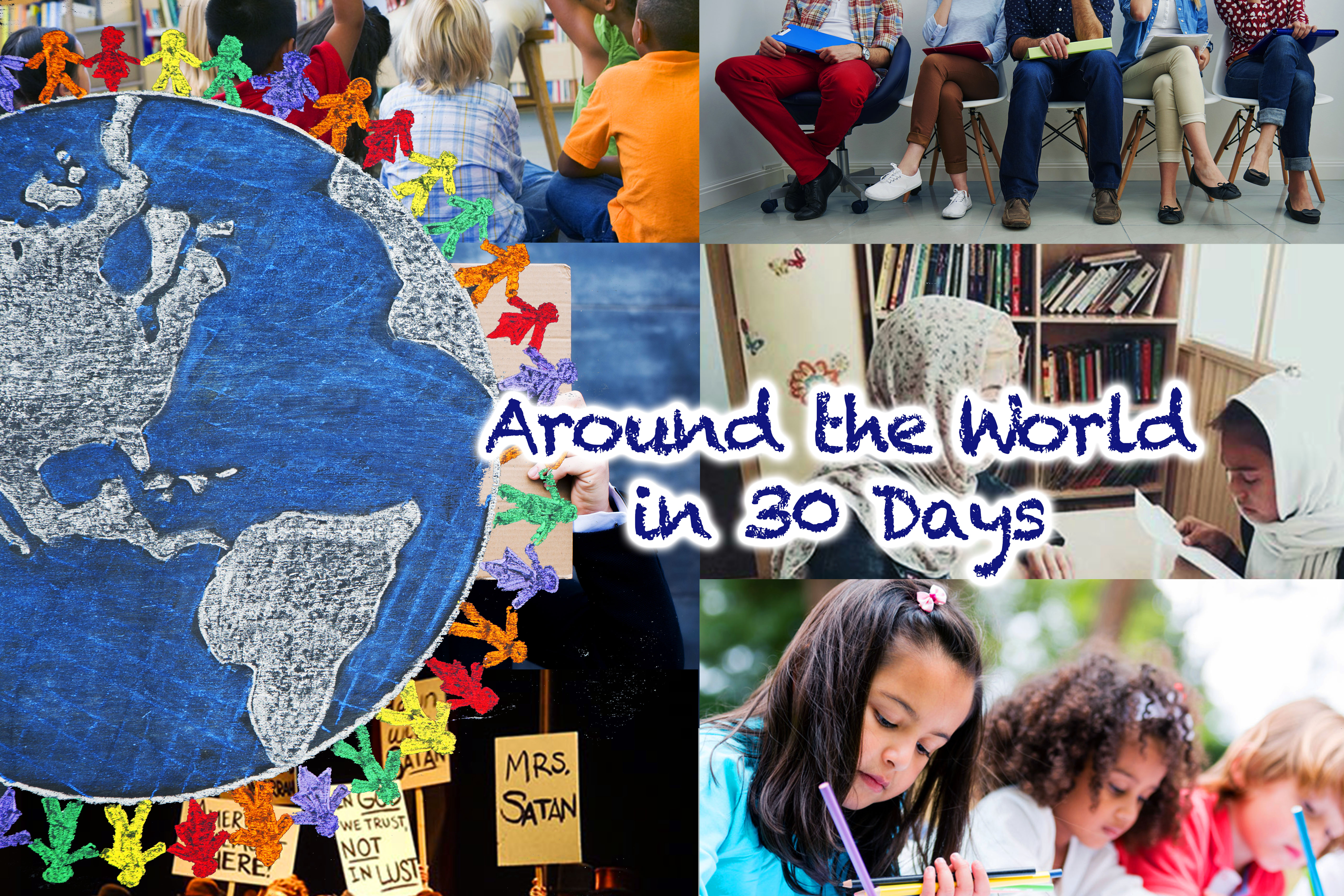
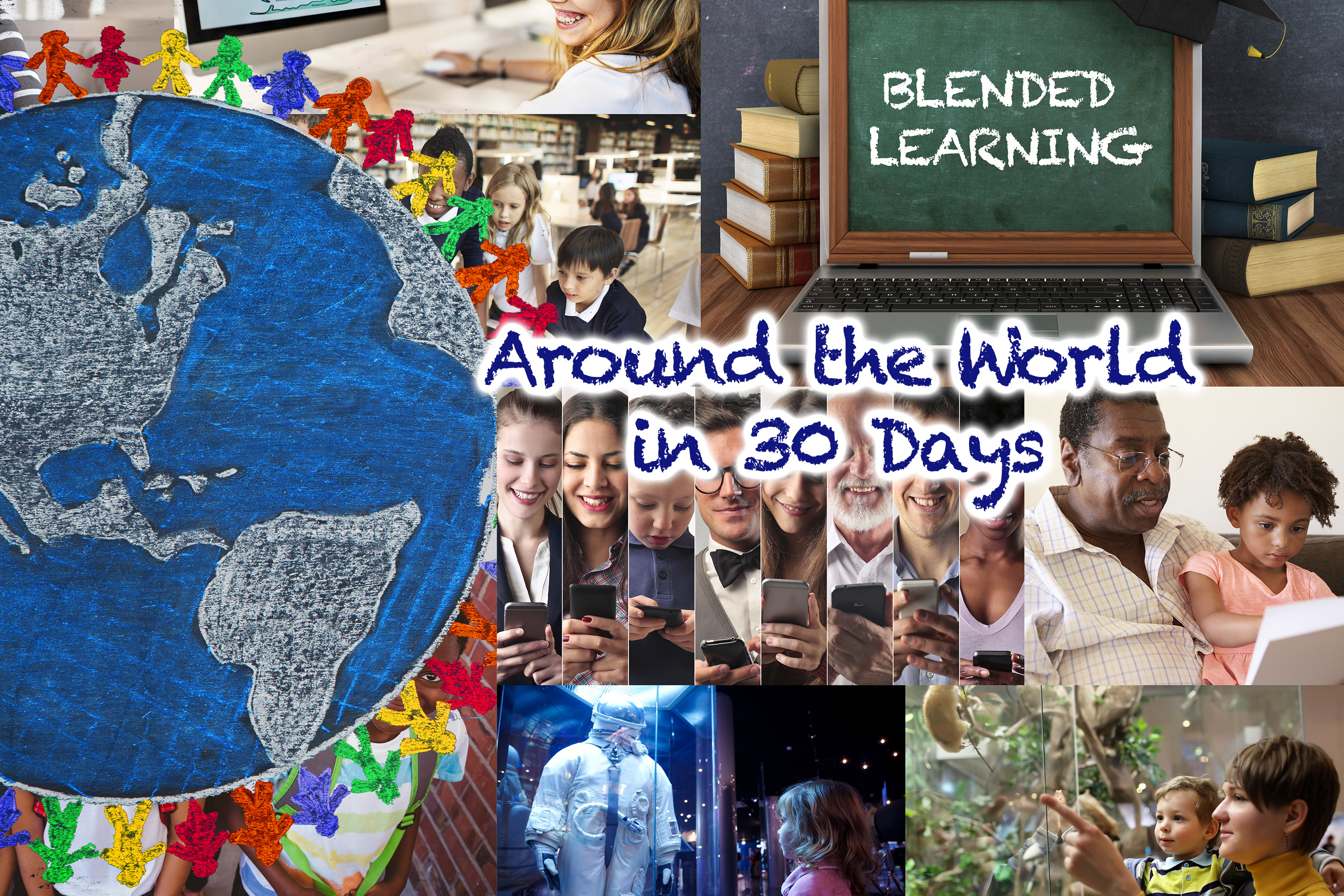
Jüngste Kommentare